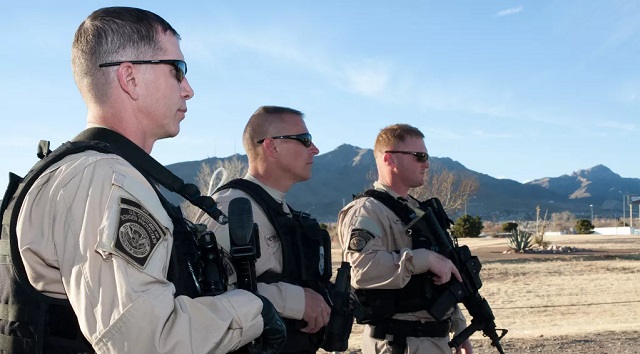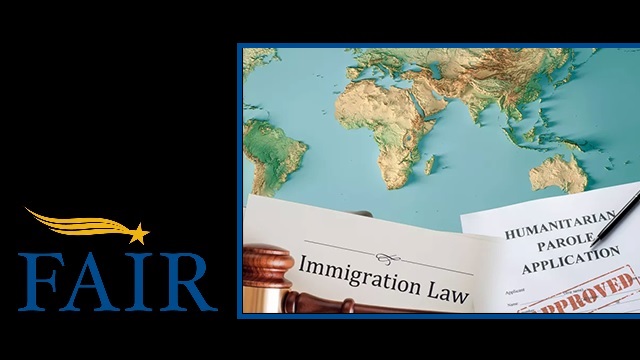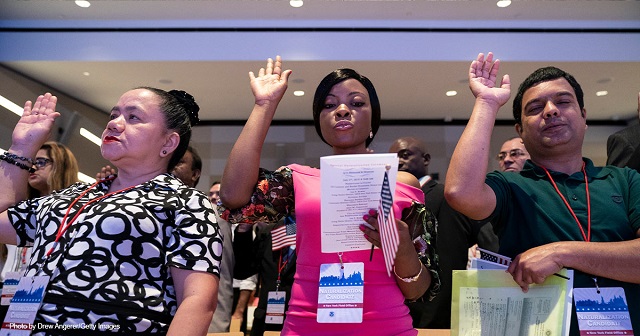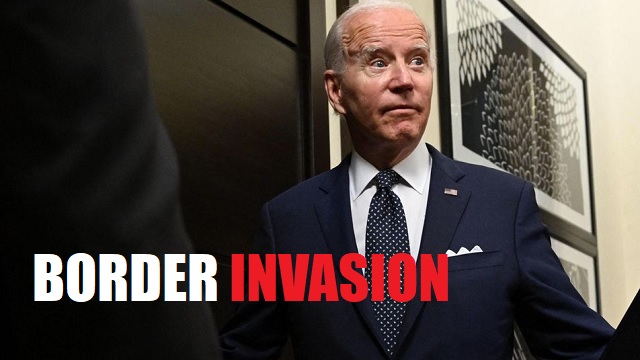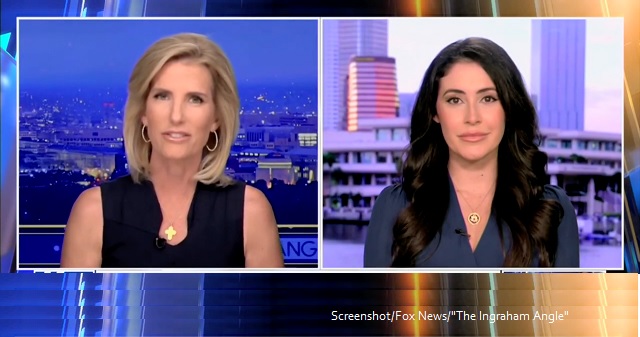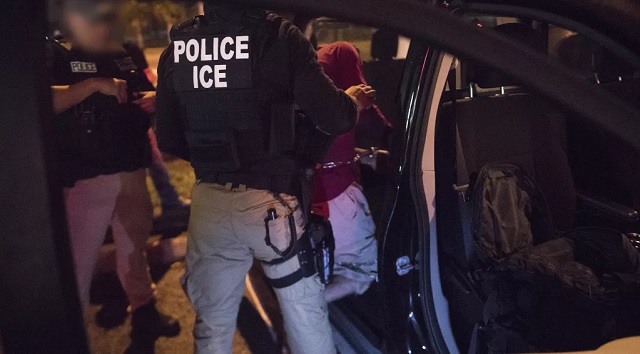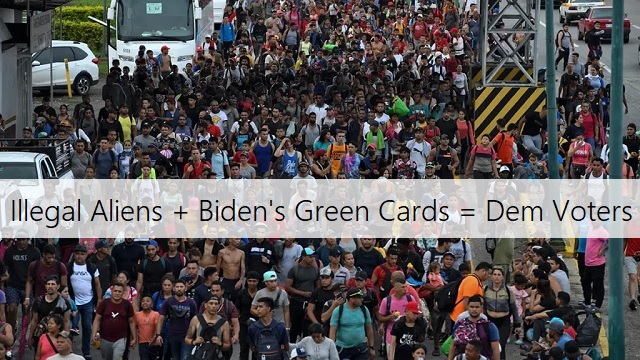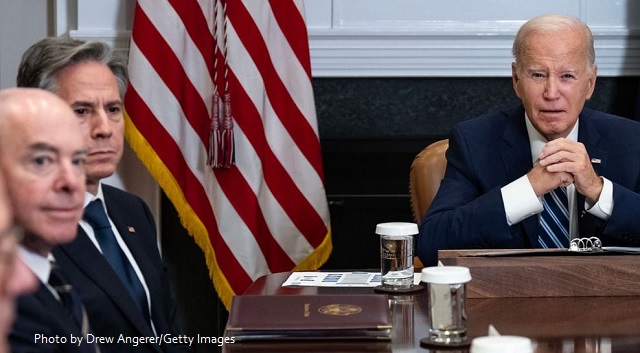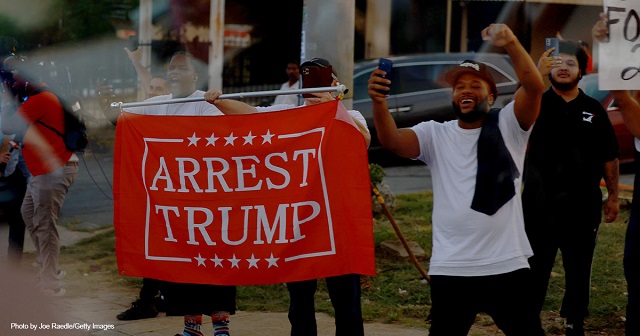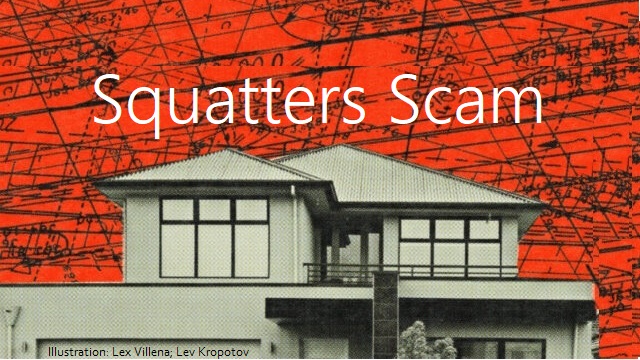
Palestinians | Special Dispatch No. 11232
Mass rallies have taken place in Germany, with thousands of people taking to the streets, in the aftermath of the Hamas attacks on October 7 and Israel’s military response. The ongoing large-scale pro-Palestinian rallies were planned to call for an immediate ceasefire and in support of Hamas. Berlin has been one of the main sites of the protests in Europe on this issue. The ideologies represented among the protesters include Islamist, far-left, and Turkish extreme-right. As of November 2, 2023, the Samidoun – Palestine Prisoner Solidarity Network, which Germany explicitly banned in November 2023 and which is the foreign affairs’ arm of the Popular Front for the Liberation of Palestine (PFLP), which the U.S.,[1] EU,[2] and Canada[3] have designated as a terrorist organization, served as the primary organizer of the many rallies and vigils held throughout Germany in support of the Palestinian cause and is known for its antisemitism and for its advocacy for Israel’s elimination. Germany’s Interior Ministry says that there are around 450 members of Hamas in the country.[4]
The Broader German Left And The Palestinian Struggle
The Palestinian struggle is exploited by mainstream leftist circles to pursue various goals, including: a communist revolution to replace neoliberalism and capitalism; opposition to anti-colonialism and anti-imperialism, social justice and human rights, solidarity with the oppressed, opposition to Zionism, and criticism of U.S. policy in the Middle East. All these objectives, they believe, align with the Palestinian situation.
Many large rallies across Germany are organized by leftist organizations, many of which maintain close ties to Samidoun. Some of these organizations are: “Global South United,” “Young Struggle,” “Revolutionäre Linke,” “Revolution Germany,” and “Arbeiterinnen Macht,” together with “Palästina Spricht,” “Palästina Kampagne,” “Jüdische Stimme,” and “Jewish Bund.” The presumption is that some of these groups convening mass protests on German streets are acting, in part, on behalf of Samidoun, whose banned activities may have been simply diverted to these other groups.
Major Leftist Organizations Facilitating Or Co-Ordinating Pro-Palestinian Protests
Left-wing engagement with pro-Palestinian solidarity marches demonstrates a convergence of political ideas, values, and assessments of the Israeli-Palestinian conflict. Highly vocal involvement in the Israeli-Palestinian issue has also become popular among many members of Gen Z. Leftist views on Israel and on the Israeli-Palestinian conflict are generally heterogenous, ranging from nuanced support for a reasonable resolution, acknowledging the rights and aspirations of both Palestinian Arabs and Israelis, to vehemently rejecting Israel’s policies and even its very existence. Today, the latter appears to be dominant as the extremist perspective has become prevalent in both civil and political life. Leftist organizations, in particular, add significantly to the typically high protest turnout as an effective popular mobilization vehicle, reaching a broad spectrum of interest groups: country/region-specific, feminist, student, and LGBTQ entities. Each community expands its own following, creating an expansive network that transcends narrow interests and regions.
Israeli Flags Burned Outside Two Synagogues in Germany, as European Jews Fear New Violence Fueled by Pro-Palestinian Demonstrations | Jewish & Israel News https://t.co/1VGEQVWvpn https://t.co/YM5AghC3OU
— ((( Gianluigi ))) (@Gianlui91580067) May 13, 2021
Following are descriptions of groups that are the most prominent in organizing large-scale protests in solidarity with the Palestinian cause.
Global South United Collective: Decolonize Human Rights
“Global South United Collective” is an organization operating throughout Germany. Its activity is particularly centered in Berlin, operating under the umbrella of “Decolonize Human Rights: No Borders, Abolish Apartheid, Abolish Deportations, Stop the Genocide.” It stands “against all forms of oppression and colonial continuities,” calls for the breaking of silence on injustices, and encourages unity against major human rights violators.
The group asserts that Europe, despite its claims to democracy and human rights, has a dark legacy of perpetuating conflict, injustice, and oppression globally. Hence, the group explains, Europe’s actions have forced countless people to flee their homes in search of safety and opportunity – sometime in Europe. Once seeking refuge in Europe, the migrants experience unequal treatment and additional human rights violations, while the mainstream media too frequently overlooks attacks against marginalized communities, the group contends, encompassing “black, indigenous, and people of color, perpetuating a narrative that ignores the realities of systematic oppression.”[5] Global South United says that echoes of past atrocities continue to reverberate through these injustices.[6] The group posits that Germany obstructs humanitarian aid and tacitly supports atrocities, including genocide and ethnic cleansing. This entrenches Germany’s role in perpetuating oppression, and frustrates efforts to confront the German past. Global South United sees itself playing an important role in dismantling all forms of oppression, challenging structural racism which, the group alleges, is ingrained within German society.
Activities
Together with other groups, including “No Border Assembly,” Global South United launched a campaign calling for the boycott of the German multinational technology enterprises. The campaign “Boycott Siemens, Free Palestine” launched recently aims to shed light on the conglomerate making profits at the cost of human lives, the group alleges. The campaign slogan is: “From WWII to the EU borders to Palestine – no more complicity from Siemens, nor from other profiteers of genocide and border violence.” Global South United claims Siemens operates in occupied regions selling technology to dictatorships including Myanmar, the Western Sahara, and Iran. Interestingly, Iran’s proxy, Hamas, is not mentioned in the campaign, nor in the group’s alleged advocacy for the Palestinian people. Campaign-related protests aim to mobilize health care workers to “make a strong statement of solidarity, as well as [to issue] an indictment against complicity and war profiteering.”[7]
Other activist groups are also official supporters of the “Boycott Siemens” campaign.[8]
The “Boycott Siemens” rally was held at a frequent site of pro-Palestinian protests: the Hermann Platz in Berlin’s district of Neukölln-Kreuzberg.[9]
A “Boycott Siemens” vigil was held at the Siemens facility in Berlin. A Palestinian flag waved above signs reading: “[Siemens] guilty of genocide, apartheid, border violence, climate crisis, weapons production!”
Protests organized by Global South United are usually organized under the pretext of holding Israel liable for alleged genocide while holding Germany “once again” complicit in genocide, misappropriating the Holocaust. In some cases, exploiting or trivializing the Holocaust can lead to legal prosecution in Germany.
Global South United posted one of its many protest flyers held under the umbrella of “Israel Is Guilty – Germany Complicit.” Several symbols at the protests are forbidden in theory – however, enforcement of the law is rare.
A mass protest, organized under the banner of Global South United and affiliated groups, was held at the central train station (Hauptbahnhof) in Berlin, with loud chants, many Palestinian flags and some participants wearing keffiyehs.
A mass protest co-organized by Global South United was held in front of the headquarters of the media company Axel Springer. Protesters accused the enterprise of being “Zionist Propaganda.” The protest was primarily organized to oppose a Jerusalem Post conference held in Berlin. The protesters also accused the German media of criminalizing pro-Palestinian voices and sought to bring attention to the more than 120 journalists “murdered by Israel since October,” states the group, in Israel’s war against Hamas.
Protesters in front of the Axel Springer headquarters in Berlin.[10]
At a recent protest co-organized by Global South United with a group called the “Egyptian Diaspora Resists,” held in front of the Egyptian Embassy in Berlin, participants called for the Egyptian borders to open to Palestinians.
A member of Global South United spoke at the demonstration. The speaker claimed that 460,000 people had been wounded and 26,000 people had been killed in Gaza “by the genocidal settler colonial state of Israel. The genocide continues against the Palestinian people and by closing the Rafah crossing, Egypt is not just complicit in the killing and suffering of the Palestinians in Gaza, but Egypt is a part in the crime.” The man, speaking in Arabic, urged those assembled to remember the stories of those allegedly massacred by Israel and to never forget and never forgive. He said: “Resistance provides us with meaning […] No borders are going to stop [the resistance] and no walls, from Palestine to Congo, to Sudan, Syria, Egypt, Yemen, Iraq, Iran and Kurdistan – one fight against colonialism, imperialism, fascism, and dictatorship.” Moreover, the speaker demanded that all Palestinian prisoners be released, and called for the end to the so-called “colonial genocidal settler state of Israel.”
An activist from Global South United speaks at a protest held in front of the Egyptian Embassy in Berlin.[11]
Young Struggle
The “Young Struggle” (YS) ideologically aligns itself with the Marxist-Leninist Communist Party (MLCP), a designated terror organization in Turkey. YS serves as an umbrella organization for MLCP youth groups. The youth wing, “Komünist Gençlik Örgütü/KGÖ” (Turkish, “Communist Youth Organization”) fields organizations across Europe, established by entities from Germany, Austria, Switzerland, France, and Britain. In Germany, YS is predominately active in major cities, including Berlin, Stuttgart, Leipzig, Frankfurt, Duisburg, Cologne, Hamburg, Kiel, Mannheim, Hildesheim, and Ulm, among several major university cities. The organization’s activism is focused on what they call the “revolutionary struggle,” drawing distinct parallels with militant groups such as the German Red Army Faction (RAF). YS relies heavily on an extensive network throughout the left-wing activism landscape, hence its ability to mobilize young people for its proclaimed cause. YS politicizes youth while raising awareness of injustices and societal disparities; it advocates for active collective resistance. Its activism primarily focuses on anti-repression, anti-capitalism, women’s struggles, anti-fascism, anti-imperialism, and pro-internationalism.[12] Among the organization’s flagship causes are the “Palestinian struggle for liberation,” as well as the “Kurdish liberation cause.”[13] On its webpage, YS regularly publishes extensive articles and opinion pieces.
Activities
After the October 7 attack on Israel, Young Struggle issued a lengthy statement on October 10, defining the Hamas massacre as a “prison break of the Palestinian people.” The statement alludes to October 7, when the “Palestinian National Liberation Movement” staged an operation organized by 14 factions, releasing Palestinian militants to return home in what many termed as a “prison raid.” YS criticized the mainstream media in Germany, as well as generally leftist Turkish and Kurdish outlets, for assuming a narrative in which innocent people were killed by Hamas terrorists, while Israel was described as the “democratic heart of the Middle East.” YS sees itself as the “critical voice emerging from the anti-imperialist youth” that criticizes the reactionary aspects of the revolt, while also denouncing a spectrum of the left that supports reactionary forces rather than emphasizing revolutionary and progressive ones.
YS viewed October 7 as a “popular revolt by the Palestinian resistance movement.” The violence perpetrated by what they call the “oppressed” Palestinians in conjoined as well as with “revolutionary activities in Turkey and Kurdistan.” The civilian casualties are dismissed: “If we reject the validity and legitimacy of any movement or people who have made civilian sacrifices for their liberation and compare them with their oppressors, we will be absolutely incapable of action.”[14]
YS also justified the attack, saying: “Palestinians have neither the capacity nor the motivation to carry out a slaughter of Palestine’s Jewish people. However, the invasion of Gaza, the attacks on the long-demolished migrant camps, the detention of Palestinians in the media and by leading Israeli politicians, and the decade-long surveillance of Israeli soldiers all contribute to an objectively increased risk of mass murder in the Gaza Strip, though the numbers will not be in the hundreds.”[15]
Further, YS claimed the kibbutzim residents are not ordinary civilians, but rather “assault troops” backed by the IDF that are allegedly accelerating the “colonization of Palestine.” YS states that each kibbutz represents a “devastated Palestinian village and hundreds of murdered and displaced Palestinians.”[16]
The importance of resistance is emphasized in the German context, where there is some incitement against migrants; Arabs are sometimes portrayed as those importing antisemitism, and people YS considers “revolutionaries” are imprisoned. To combat perceived injustices on German land, unilateral support is essential in “freedom for Palestine and all oppressed peoples, from the river to the sea.”
The statement “The Al-Aqsa Flood – The Prison Break Of The Palestinian People,” as published on the YS web site.
YS and Samidoun have maintained close ties as a result of their joint participation in, and organization of, rallies and protests marches. In the wake of Samidoun’s monitoring by German law enforcement, which intensified in the spring of 2023, Samidoun issued a statement titled: “Statement of Young Struggle: Solidarity with Samidoun!” on May 18. On Nakba Day, Samidoun praised “our comrades [of] ‘Young Struggle’ for their continuous work against imperialism […].”[17] Immediately after Germany’s interior minister disclosed Samidoun’s involvement, YS uploaded a graphic captioned “Solidarity with Samidoun!” and “No ban can stop us!” A photo of the Samidoun rally reads: “In the fight for a just peace and justice for the Palestinian people, Samidoun has remained steadfast in recent weeks, despite all the repression, smear campaigns, and attacks.” YS, it appears, shall continue to stand with them. [18]
YS post on Instagram expressing solidarity with Samidoun.
YS members further participate in pro-Palestinian vigils, frequently held at the campuses of German universities such as the Berlin-based Freie Universität (FU), which serves as a hotspot of activities which include anti-Zionist and antisemitic rhetoric. One action included the occupation of an FU auditorium where students called for the end of the alleged “genocide” against the Gazans. YS published a statement following the dismantlement of the auditorium siege by the police, in which it claimed that “Solidarity with Palestine is no crime!”[19]
“Solidarity With Palestine Is No Crime!” post shared on Instagram by YS.
On January 31, YS held its own pro-Palestinian protest at the FU by occupying an auditorium for an extended period of time “with around 50 people since Tuesday, 9:30,” as reported by the university’s newspaper “Furios.” The occupiers demand that Germany cease all alleged imperialist actions, including “warmongering” aims, while also demanding the revision of an FU civil clause. [20] The demand calls for the university to cease from investing in arms businesses, and withdraw from research and initiatives involving Israel, and allocate funding solely to civilian research projects. The occupation attempted to disrupt university life in a way reminiscent of left-wing protests of past decades. Previous flyer campaigns had failed to achieve their aims, according to Furios, which also stated that YS had meticulously planned the occupation of the auditorium in advance, perhaps as early as December. “Roles were delegated and recorded, logistics were evaluated, and teams were formed for each stage of the action,” Furios reported. Furthermore, campaigners reportedly submitted an open letter to the FU Executive Board, listing their demands.
YS occupation of the FU auditorium end of January. Two activists can be seen giving a Powerpoint presentation embedded by: the flag of Rojava, which is used by Syrian Kurds; the YPG militia flag; the YS flag; and the Palestinian flag. Two banners are mounted on the wall with the inscriptions: “Youth Against War And Crisis” and “Overthrow Imperialism, New Turning Point – Stop The War!“[21]
A placard with the words: “Free Palestine From German Guilt” was hoisted at a YS protest in front of the Rotes Rathaus (City Hall) located in Berlin-Mitte.
At the beginning of November, Young Struggle co-organized a large-scale demonstration in the heart of Berlin, near the Rotes Rathaus (City Hall). Activists displayed several flags, including the Palestinian, YS, KGÖ, and MLCP. Activists wearing keffiyehs chanted “From The River To The Sea, Palestine Will Be Free” climbed on a Neptune Fountain statue situated near the City Hall, and hung Palestinian flags from the TV Tower.[22]
Leipzig’s YS branch shared photos and videos from their protest in Berlin in November, with activists climbing onto the Neptune Fountain statute; in the background, the TV tower can be seen.
A YS spokesman, shared a video of his speech on his Instagram account. The speech was titled: “Free Palestine – Fight the Apartheid State: The Palestine’s Freedom Movement Will Triumph!” In the video, Glenn discussed Palestinian suffering since the Nakba (Israel’s founding and displacement of approximately 700,000 Arabs) from the Palestinian perspective, using words like “apartheid” and “ethnic cleansing.” He cited Al Jazeera news reporting during his address.
EDITORS NOTE: This MEMRI column is republished with permission. ©All rights reserved.
SOURCES:
[1] State.gov/foreign-terrorist-organizations, October 8, 1997.
[2] Eur-lex.europa.eu/LexUriServ/LexUriServ.do?uri=OJ:L:2012:165:0072:0074:EN:PDF, June 26, 2012.
[3] Publicsafety.gc.ca/cnt/ntnl-scrt/cntr-trrrsm/lstd-ntts/crrnt-lstd-ntts-en.aspx, accessed March 26, 2024.
[4] Dw.com/en/why-germany-banned-hamas-and-pro-palestinian-group-samidoun/a-67546361, November 24, 2023; Verfassungsschutz.de
[5] Radar.squat.net
[6] Radar.squat.net
[7] Picuki.com
[8] Picuki.com
[9] Picuki.com
[12] Young-struggle.org
[13] Verfassungsschutz.de
[14] Young-struggle.org
[15] Young-struggle.org
[16] Young-struggle.org
[17] Samidoun.net
[20] Furios-campus.de
[21] Furios-campus.de
[22] Scontent.cdninstagram.com




